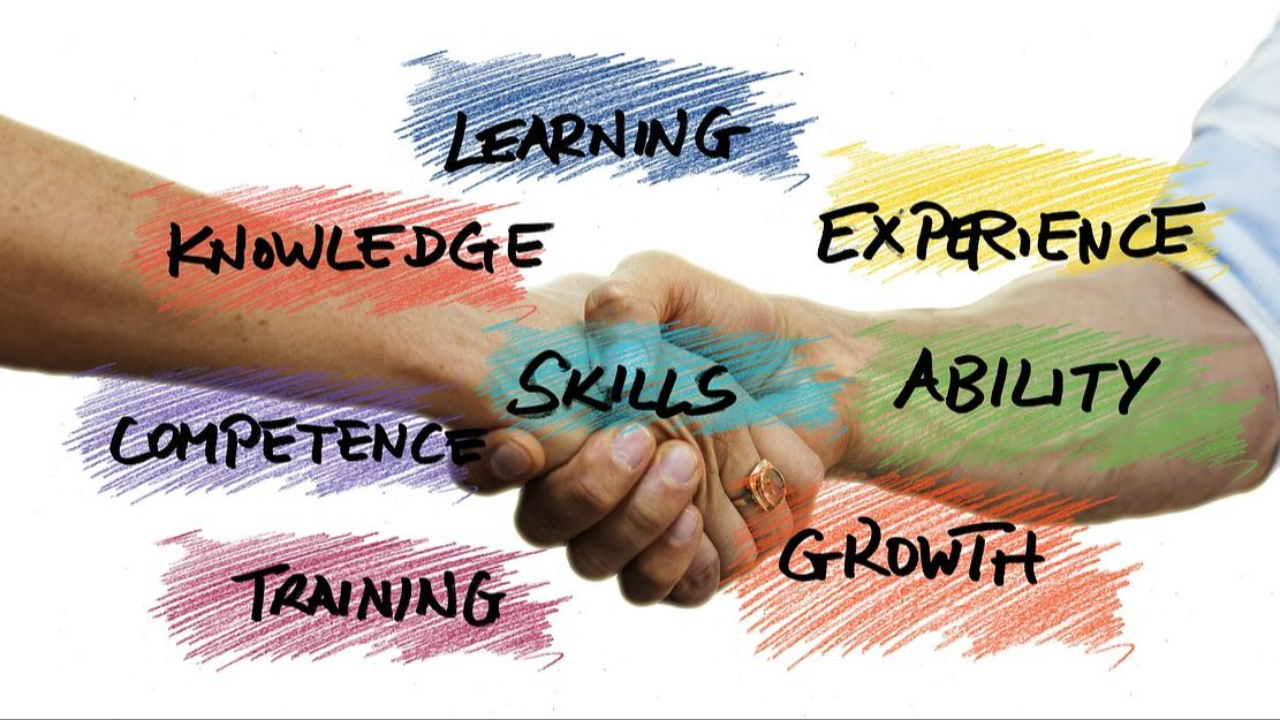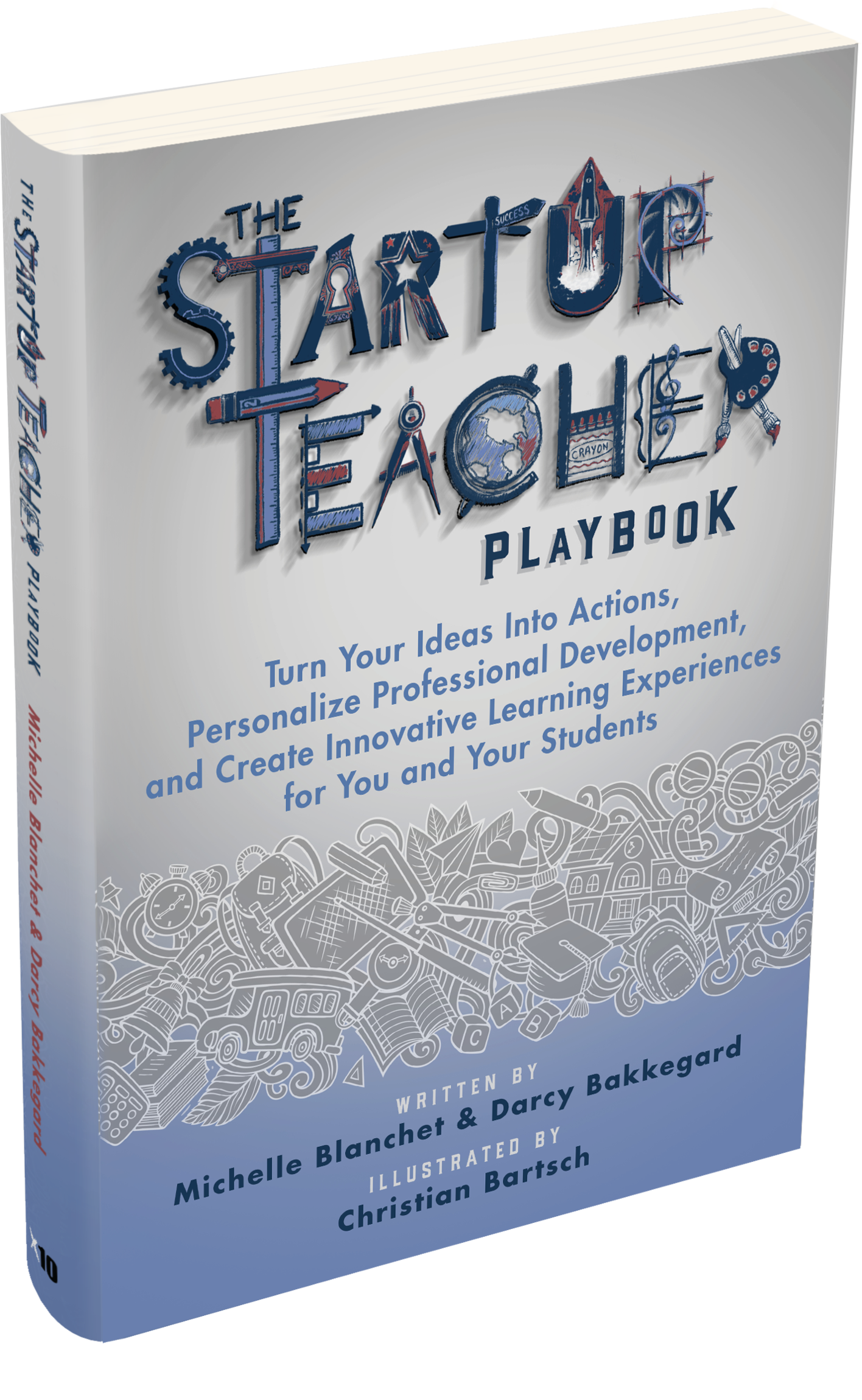Move from The Boring Process and Personalize Professional Development
Aug 28, 2023
Too often we only get professional learning or recertification credit for sitting at a workshop (seat hours)—even if we have accomplished nothing. After 6 hours of doing nothing but listening, professional development doesn't seem worth it, necessary, or even beneficial at all.
If professional development was modified to teach specific skills that you needed, it would not be seen as an obligation, but something that educators look forward to.
The Shift Toward Personalization
Traditional professional development often followed a generic model, offering standardized training programs and workshops that aimed to equip a broad audience with a set of skills deemed essential. Why are 12th grade English teachers and 5th grade science teachers participating in the same professional development?
While these programs provide a foundation of knowledge, they often fell short in addressing the specific requirements and ambitions of educators who want to advance their career and really improve their practice. This mismatch between the training and the individual teacher's needs led to a growing demand for more personalized approaches.
Personalized professional development recognizes that each educator brings a distinct set of skills, experiences, and goals to the table. It tailors learning experiences to align with these unique attributes, enabling teachers to progress at their own pace and focus on areas that matter most to them.
The Benefits of Personalization
-
Relevance and Engagement: Personalized professional development ensures that learning content is relevant to the individual's current role and future aspirations. When teachers can see a direct connection between what they're learning and how it will directly impact their students, they become more engaged and motivated to learn.
-
Targeted Skill Development: Rather than spending time on topics already mastered, personalized development hones in on specific skill gaps. This targeted approach allows educators to make meaningful progress in areas that truly matter to them, and acquire skills that are useful for their specific area of expertise.
-
Improved Performance: When educators are empowered to enhance the skills directly relevant to their roles, their overall performance improves. This not only benefits the individual but also contributes to the future success of students.
-
Boosted Confidence: As teachers achieve milestones and witness their own growth, their confidence receives a significant boost. Personalized development provides a sense of accomplishment, reinforcing the belief that one's efforts are leading to tangible results.
Personalizing professional development is something that you, your team of educators, and your school are going to have to work on together. You become the master when designing professional learning that works specifically for your team. When facilitating your own professional development think about these steps:
Step 1: Establish Your Goals
- Do you want participants to work as individuals or teams?
- Do you want them to work on their own ideas or develop a solution to a challenge you’ve already selected?
- Will participants get credit for doing this work (e.g., recertification hours)?
Step 2: Decide on The Format
- Will participants need time to devote to hashing out their problems or for brainstorming their solutions? This might require additional activities or support.
- Will this process be done over half a day, a day, or over the course of the year? In an ideal world, you might have a day to focus on the challenge, a day to focus on brainstorming solutions, a day on developing those solutions, a support day, and a wrap-up day. Get creative. Larger projects require more time and support.
- Do you want to make this an add-on to an existing workshop or meeting, so people have the opportunity to think through the implementation of new ideas?
- What supplemental activities might you include to make this event more successful and engaging for your audience?
Step 3: Provide Support
- How can you act as a coach or mentor throughout this process?
- What support structures might you put in place (e.g., office hours, check-ins)?
- Do you need additional resources to run your workshop?
Step 4: Determine Follow Through
- How will you ensure implementation of ideas?
- How will you celebrate successes?
Professional learning should enable educators to play with, tinker, and explore new ideas. Personalizing professional development allows educators to be engaged in learning new skills that are applicable in their classroom. Utilize tools such as the Educator Canvas and others from the The Startup Teacher Playbook to lead others through the process.






